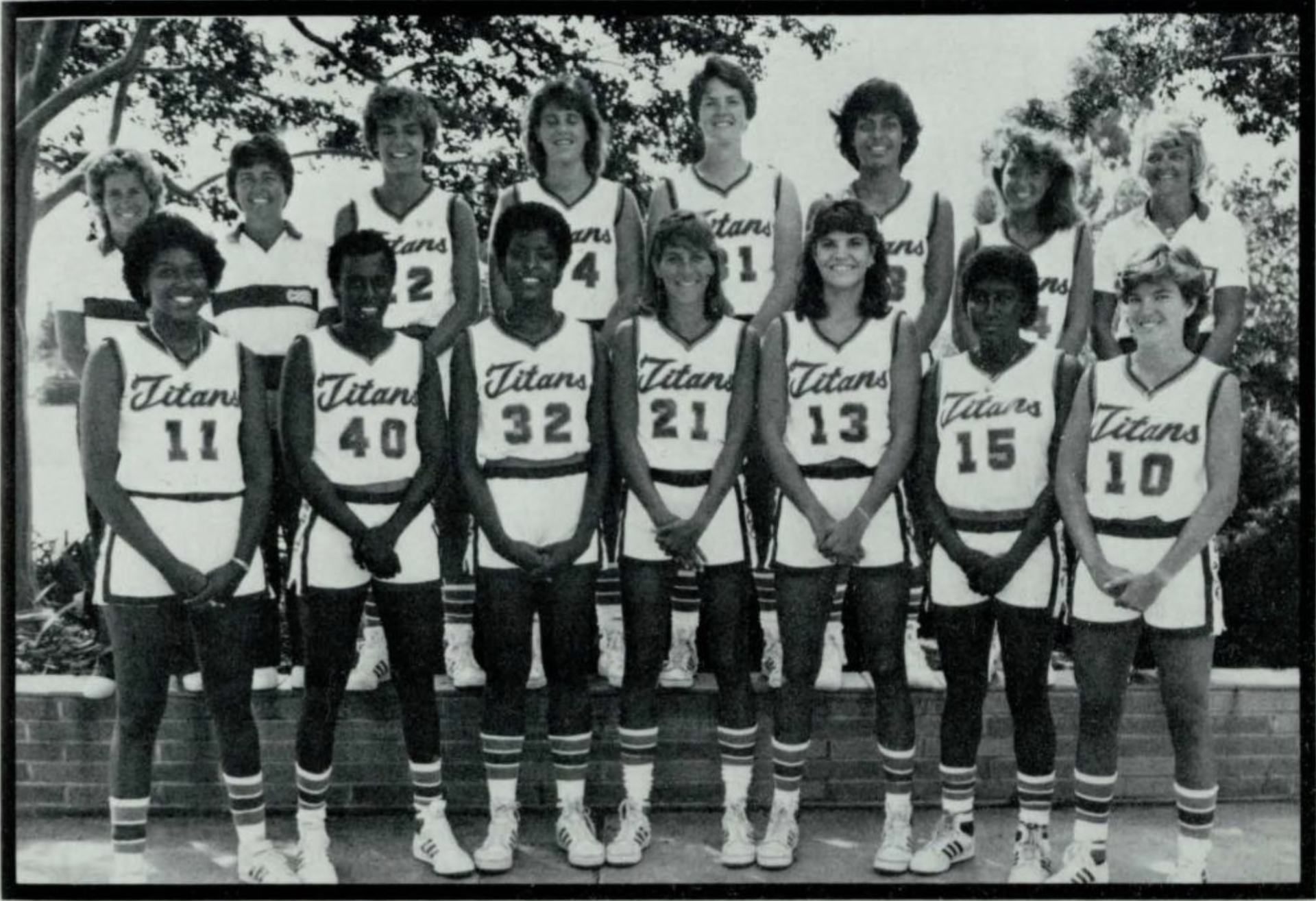
After a year-long search, the Board of Trustees has selected Vice President of Student Life and Dean of Students Robin Holmes-Sullivan the 26th president of Lewis & Clark. Holmes-Sullivan will replace current President Wim Wiewel, who will step down in July. This makes Holmes-Sullivan the first Black, female and openly LGBTQ+ president in the school’s 155 year history.
After receiving her doctorate in clinical psychology in 1992, Holmes-Sullivan worked for the counseling center at the University of Oregon. She then went on to become the dean of students and eventually vice president of student life, the same position she currently holds at LC.
In 2016, Holmes-Sullivan left the University of Oregon to work as the Vice President of Student Affairs for the University of California system. This position found her traveling across the state of California and presiding over upwards of a quarter million students. Holmes-Sullivan became Vice President of Student Affairs at LC (VPSL) in February 2019.
The current VPSL grew up a few miles west of Irvine, California in the Orange County town of Lake Forest. While attending El Toro High School, she immersed herself in her first love: basketball.
“For a while, I didn’t like going to school,” the president admitted. “All I did was play basketball. I
really walked around with the ball on my hip all the time.”
In 1982, the new president went on to play division one basketball as a starting player for
California State University, Fullerton (CSUF) in 1982. She once held the record as the team’s leading scorer, and nearly forty years later, Holmes-Sullivan still holds the record for most minutes on the court in the history of CSUF’s women’s basketball team. Holmes-Sullivan was a starting player for all four years.
Academically, Holmes-Sullivan pursued her second love: psychology, a field that first piqued her interest as a junior in high school.
“From then on, that’s when I decided I wanted to major in psychology,” Holmes-Sullivan said. “I majored from the day I stepped on campus and never, never changed.”
Though she does not recall her psychology major particularly aiding her performance on the court, she remembers her teammates often coming to her for counsel.
“Friends would always come and talk to me about their problems,’’ Holmes-Sullivan said. “‘Why am I not doing this forever?’” she asked herself. “I seem to be pretty good at it.”
After college, Holmes-Sullivan pursued a master’s degree and later a doctorate at the California School of Professional Psychology in Fresno. A year before receiving her PhD, she completed her residency at University of California Davis.
Holmes-Sullivan did not find mentors who reflected her identity in her college faculty. That is, professors who were Black, female and queer.
“The absence of it meant that it was much more difficult to have strong confidence in what I wanted to do,” Holmes-Sullivan said.
It was not until the second year of her PhD program that she studied under an instructor who was also a Black woman.Holmes-Sullivan remembers this time as a highly impactful period in her life.
“I found myself being very emotional and wanting to ask her lots of questions,” the new president said. “She was good enough to allow me to do that because she knew how important it was … because I was one of only a few Black clinical psychology students in the program.”
Studying under such a successful and well respected woman of color helped Holmes-Sullivan realize that she too, as a Black woman, could work in this field and be successful.
Holmes-Sullivan could ask her instructor things that she could not ask white professors, such as the ins and outs of navigating the academic world as a Black woman.
“I wish it had come sooner,” Holmes-Sullivan said. “It felt … somewhat lonely to not have those kinds of role models that you could call on earlier in your career.”
Her own experience is part of the reason why she insists that LC continue to make strides to diversify its faculty and staff as much as possible, so that, in her own words, “others won’t have to wait until they are in a PhD program until they have their first professor of color.”
Additionally, the new president maintains that the importance of representation has motivated her to be outward and open about her various identities throughout her lengthy career in higher education.
She explained that important conversations about navigating the world as a person of color, or as a member of the LGBTQ+ community, are not had in any place without role models that aptly reflect the diversity of the student body. This is one change she hopes to implement.
As the President of Student Life, Holmes-Sullivan’s scope of responsibility will soon expand to include the Law School and Graduate Campus. Though her new administrative role will center more towards fundraising than student matters, Holmes-Sullivan intends to remain a visible presence on campus.
Subscribe to the Mossy Log Newsletter
Stay up to date with the goings-on at Lewis & Clark! Get the top stories or your favorite section delivered to your inbox whenever we release a new issue.

Leave a Reply